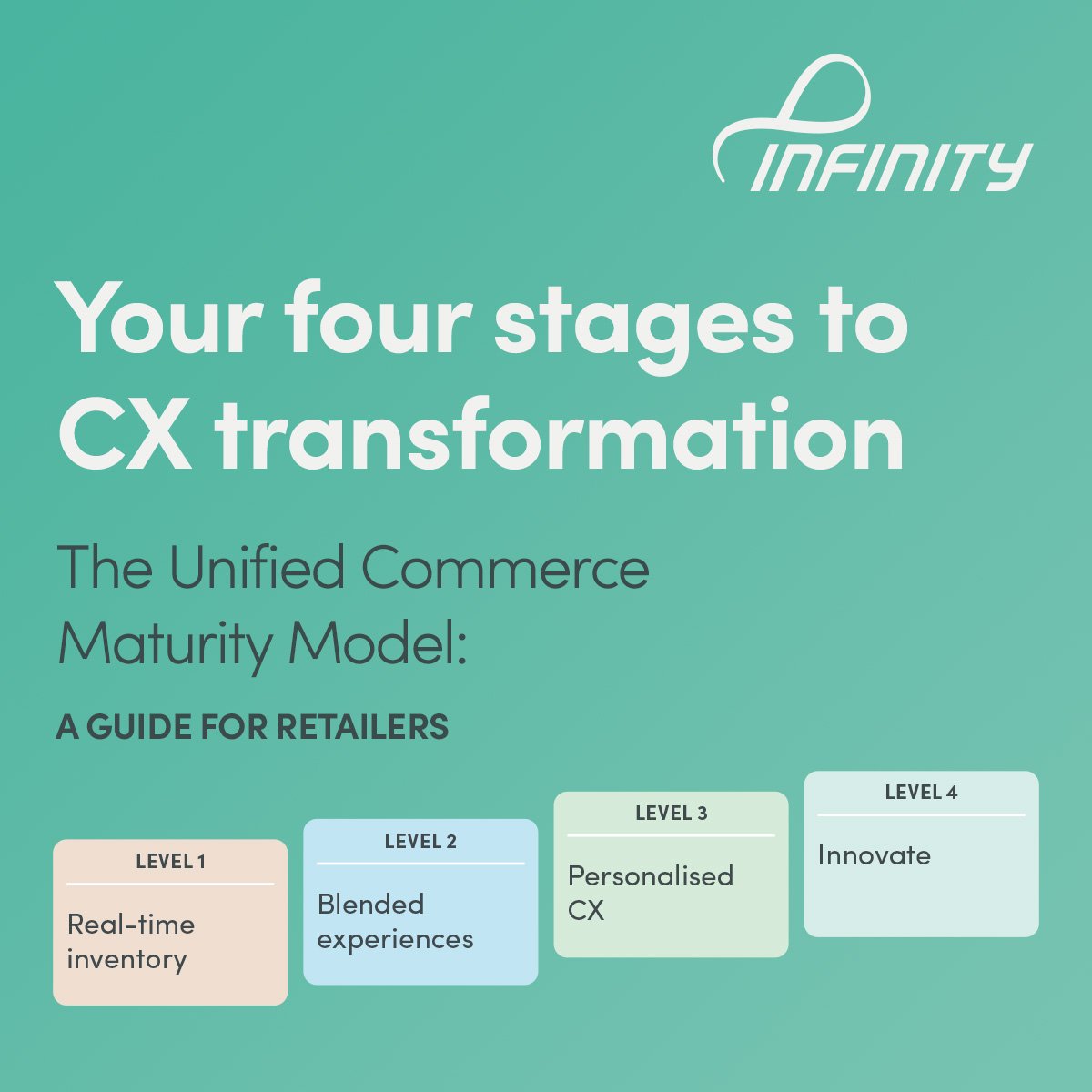Sustainability has been a hot topic in recent years, with businesses across all sectors recognising a need to demonstrate their commitment to the environment. And retail is no different.
Real-world evidence suggests that sustainability isn’t just a buzzword or a nice-to-have anymore but something that businesses need to build into their future plans if they are going to meet demands from customers, investors and regulators.
Here we look at some of the drivers behind the move to sustainable retail and at how, when done well, taking action can help to lower costs and increase market share. We also look at how not getting things right can pose significant risks to your brand.
What is sustainable retail?
Becoming a sustainable retailer isn’t a single action point or strategy. Instead, it can take a variety of forms, from investing in eco-friendly packaging to sourcing inventory locally or stocking only natural, chemical-free products, as well as reducing energy use and other forms of waste.
It also means taking on climate change. At a time when retail supply chains contribute to 25% of global greenhouse gas emissions, it is no surprise that decarbonising supply chains is top of the list when it comes to sustainability priorities, even as it remains one of the more challenging ambitions.
Meeting customers’ sustainability expectations
One of the biggest drivers behind the shift to sustainable retail is consumer pressure. Globally, customers are choosing to shop with retailers who measure up to their sustainability expectations.
In Australia, a study found that 93% of Gen Z shoppers would prefer to buy from brands that aligned with their sustainable values, while a significant number of baby boomers felt the same way, at 63%. Meanwhile, 85% of New Zealanders say they are willing to change their shopping habits to be more sustainable, and many Kiwis expect their employers to operate more sustainably.
A Deloitte study found that consumers’ decisions are influenced by a range of sustainability considerations, from the use of recycled materials to the impact of climate change. It found that 30% of customers check whether a product is recycled or biodegradable before buying, while 53% of people who had experienced an extreme climate-related event in the past year went on to buy sustainably, compared to 38% of those who had not.
Investors as well as customers are placing increased demands on retailers to demonstrate their sustainable credentials, including through adherence to environmental frameworks and regulations.
Taking action for a sustainable world
So, how are businesses incorporating these demands into their business models?
In 2024 Deloitte found that 51% of surveyed companies globally were using more sustainable materials, 49% were increasing energy efficiency and 48% were developing new climate-friendly products or services.
One business putting its sustainable goals into action is furniture manufacturer and retailer, Koskela. At the recent Australian Retail Association Leaders Forum 25 in Sydney, co-founder and CEO Sasha Titchkosky said all of Koskela's furniture is manufactured in Australia, reducing the carbon footprint associated with transportation. What’s more, they plan to be fully circular by 2027, so that all products will be repairable, reusable or recyclable, while an estimated 90% of their furniture will be made from recycled or repurposed materials by 2026.
Reaping the rewards
For businesses that commit to the path of sustainability, the rewards can be plentiful.
Offering the types of sustainable products discerning customers demand can attract new buyers and build satisfaction and loyalty among existing ones. This is particularly the case for ‘recommerce’ retailers who give buyers a one-stop-shop where they can buy items new and sell them back second hand to the same store, thereby providing multiple touchpoints in a circular business model.
Tapping into the market for sustainable goods can also grow revenue by allowing retailers to charge price premiums for items that truly meet the sustainable standard.
Meanwhile, retailers can boost the bottom line by reducing costs through energy savings and other forms of waste reduction, and they can improve supply chain resilience by sourcing products locally, thereby minimising the risk of disruption and price volatility.
Avoiding the traps
While adopting sustainable practices can be good for business, it can also pose a risk when those practices aren’t well-implemented or when reality doesn’t meet the hype.
In one study, the Australian Competition & Consumer Commission found 57% of businesses reviewed were making potentially inaccurate claims, a practice known as ‘greenwashing’. This behaviour ranged from making vague or unqualified claims about products being ‘eco-friendly’ that weren’t backed up by information that allows customers to make an informed choice, through to falsely claiming that products were ‘100% recyclable’ or ‘100% carbon positive’.
Making these sorts of unsubstantiated claims, whether intentionally or not, can lead to loss of trust, reputational damage or even expensive litigation.
On the other hand, being transparent and specific about sustainability goals can build consumer confidence and boost return business.
When it comes to sustainability, the old saying that honesty is the best policy holds true.
Tracking the financial impact
Being a successful sustainable retailer means understanding the financial implications of any changes you might make. While moving to sustainable practices can save money in the long run, some changes, like switching suppliers, can bring short-term costs.
Keeping an eye on your cash flow and margins is an essential part of making the shift to a sustainable business model. You’ll also need to track your inventory’s sustainable credentials to make sure you’re keeping pace with customer demand.
Infinity allows you to do all this and more, supporting you on your journey to being a sustainable retailer. Using Infinity, you can enhance and configure your stock data to capture relevant information about products’ sustainability, such as whether they qualify for a sustainability accreditation scheme.
It then arms you with a wide range of reports that offer a comprehensive understanding of your stock levels and how stock is performing, so you can see how sustainability translates to turnover.
Want help to get the most out of sustainability?
If you’re looking for help to meet the demands of today’s and tomorrow's environmentally conscious shoppers, get in touch. We’d love to help you deliver the shopping experiences customers expect.

















